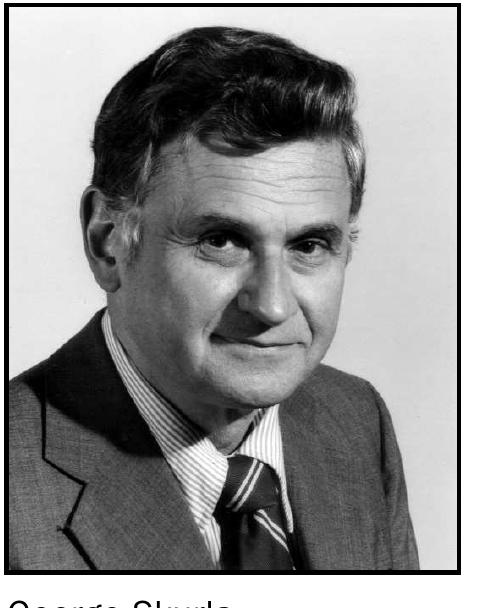The current US administration has laid out a series of Space Policy Directives intended to reaffirm American preeminence in space in general and human space activity in particular. The directives provide a clear mandate to NASA to quickly...
moreThe current US administration has laid out a series of Space Policy Directives intended to reaffirm American preeminence in space in general and human space activity in particular. The directives provide a clear mandate to NASA to quickly return humans to the Moon with the clear intent to gain vital know-how to execute a long duration, endurance-class Mars expedition in the 2030s timeframe. Long duration interplanetary transit requires closing several critical knowledge gaps and retiring many risks involved with both crew safety and human factors as well as long duration vehicle systems engineering for deep space operations. NASA's lunar orbiting Gateway project evolved from these directives in order to create an architecture to eventually support interplanetary spaceflight. In March 2019, the space policy of the US administration advanced the timeline for execution, directing NASA to land a woman and a man on the Moon by 2024. In response, NASA initiated Project Artemis in May. NASA has been targeting the south polar region for such a mission and studying options to integrate lunar landing options in the Gateway program. Through a creative collaboration with small private space companies with innovative ideas, the Commercial Lunar Payload Services(CLPS) program is designed to fly robotic precursor missions to provide NASA with lunar information ahead of astronaut activity. In 2019, on the 50th anniversary of the historic Apollo 11 Moon landing, the studio chose to look for fresh, new ideas that support policy, while drawing attention to new and age-old customs and sensitivities our species seem to resonate with, that were not within the traditional domain of the scientific and engineering communities, at least not until recently. As scientific and engineering methods are employed to better appreciate and shape outcomes of those soft, anthropological, sociological, cultural and behavioral science disciplines, human spaceflight could pioneer the use of these values and tools to enhance human spaceflight projects, create a globally compelling and wholesome narrative, and promote developments in other hard technological arenas of endeavor as well. Following the 2018 USC ADAM project that was presented at the 2019 IAC in Washington DC., the 2019 USC ARTEMIS Maximum Impact Moon(MAXIM) Mission Project chose to pay tribute to a unique group of high-achieving engineers and scientists and astronaut explorers who created and executed the Apollo program with such daring and precision. They went on to repeat the feat over and over, even succeeding in the face of peril, and in the process, caught the awe of the whole world, while paving the way to making us a truly space faring species. Great civilizations and cultures of the world actively seek to preserve and protect their heritage. Preserving human space culture, especially the first excursions of our species on an extraterrestrial surface, is very important for our youthful nation as it must be for all humanity who cherish and yearn for freedom of thought and expression around the world since the vastness and resources of outer space presents the ultimate arena for it. As a step toward that goal, this USC ARTEMIS Project chose to examine, study and deploy methods to protect those Apollo sites on our Moon visited by Apollo astronauts, and to preserve the Apollo artifacts on our Moon, from natural degradation, and protect them from present and future artificial agents, for posterity. Synopses of topics chosen by the 2019 Fall Graduate Space Concepts Studio follow the theme above and are presented as sections in the following programmatic report of this USC ARTEMIS: Maximum Impact Moon(MAXIM) Moon mission proposes a wholesome, globally acceptable program in a speedy lunar return of humans to the Moon, that pays tribute to the heroes of the Apollo era who put the first humans on the Moon.

































